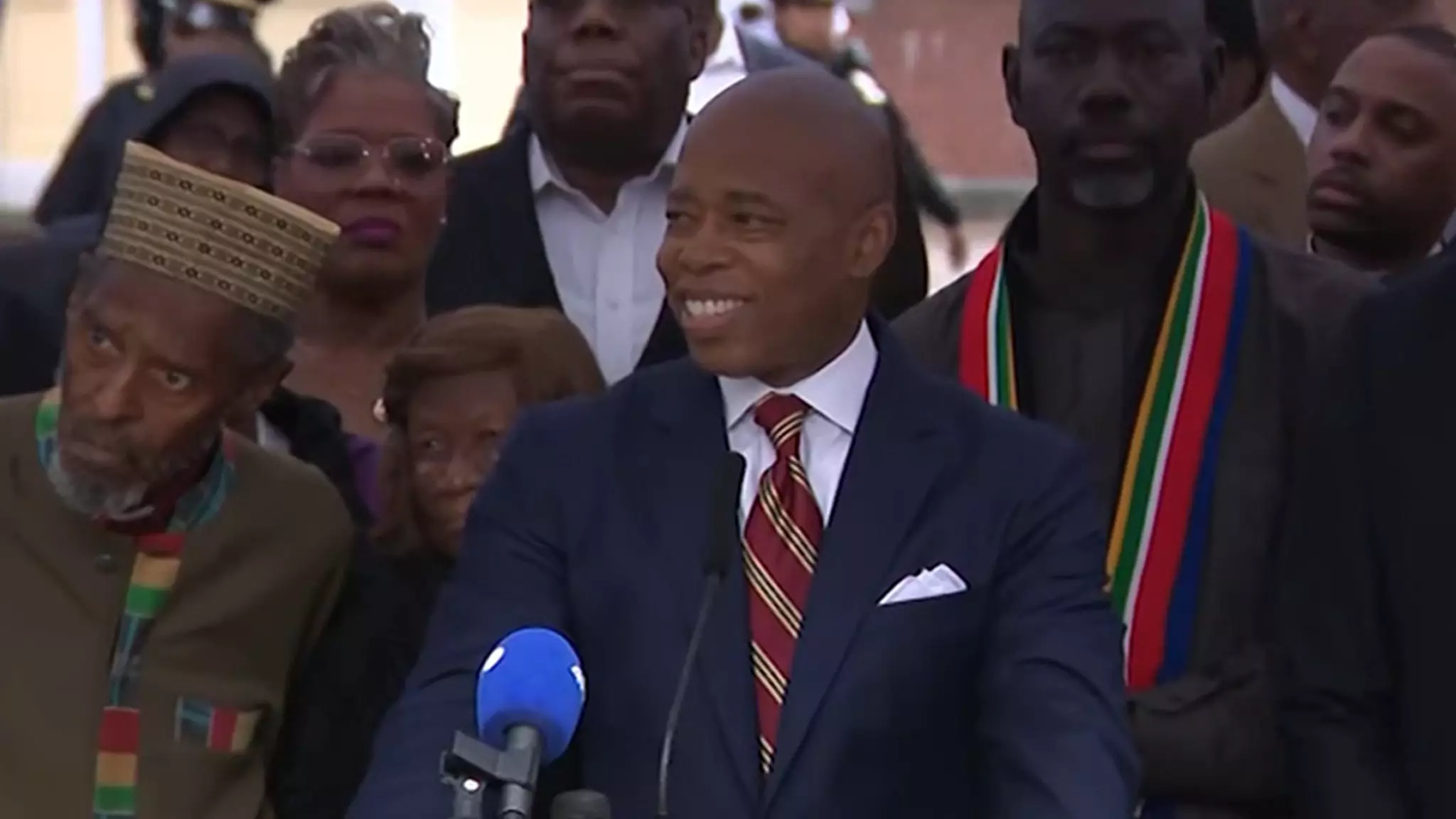The recent indictment of New York City Mayor Eric Adams by the U.S. Attorney’s Office has sent shockwaves through the political landscape. Despite the gravity of the charges, which include campaign finance violations, conspiracy, and bribery, Adams appears unfazed, maintaining a public demeanor that some might describe as buoyant. This article delves into the particulars of the indictment and the potential ramifications for the mayor and New York City.
The indictment, which spans 57 pages, outlines a disturbing pattern of behavior that allegedly involved the mayor soliciting significant benefits from foreign business interests and a foreign government official. U.S. Attorney Damian Williams contends that Adams not only accepted these illicit benefits but also rendered favorable treatment to those individuals in the course of his official capacity. Specifically, the charges highlight the claim that campaign contributions were funneled into his campaign through U.S.-based straw donors, allowing foreign entities to circumvent laws designed to maintain the integrity of American elections.
This situation raises pressing questions about the ethics of political contributions and the influence of foreign interests in domestic politics. The indictment is particularly alarming considering that it accuses Adams of exploiting a city program designed to amplify small donations, indicating a systematic approach to defraud the public financing system.
The ongoing investigation poses serious implications for Adams’s administration, the trust of New Yorkers in their elected officials, and the principles of transparency and ethical governance. Adams, who assumed office promising to address corruption and restore trust in city politics, may find that these allegations undermine his credibility. His refusal to resign, coupled with his seemingly carefree attitude, might evoke a mixed response from constituents. For many, his smiles may signal a lack of accountability, while others may view it as confidence in his ability to fight the charges.
The city’s political ecosystem, already fraught with tension and the aftermath of various scandals, could experience a significant upheaval if these allegations lead to legal consequences for Adams. The ramifications also extend to the city council and other officials, who may now be scrutinized more closely due to their associations with the mayor.
In light of the serious nature of these allegations, there is an urgent need for increased transparency and action from both the mayor’s office and law enforcement authorities. Citizens demand accountability from their leaders, and failure to address these issues in a forthright manner could lead to a further erosion of public trust.
As investigations unfold and the political landscape adapts to these developments, observers will closely monitor how the mayor navigates these tumultuous waters. The ultimate outcome of the indictment not only affects Eric Adams but also sets a precedent for how similar cases are handled in the future, highlighting the need for strict adherence to ethical practices in political fundraising and governance.
Adams’s political future hangs in the balance as the legal battle looms large on the horizon, underscoring an ongoing struggle between power, influence, and the rule of law in America’s vibrant democracy.

